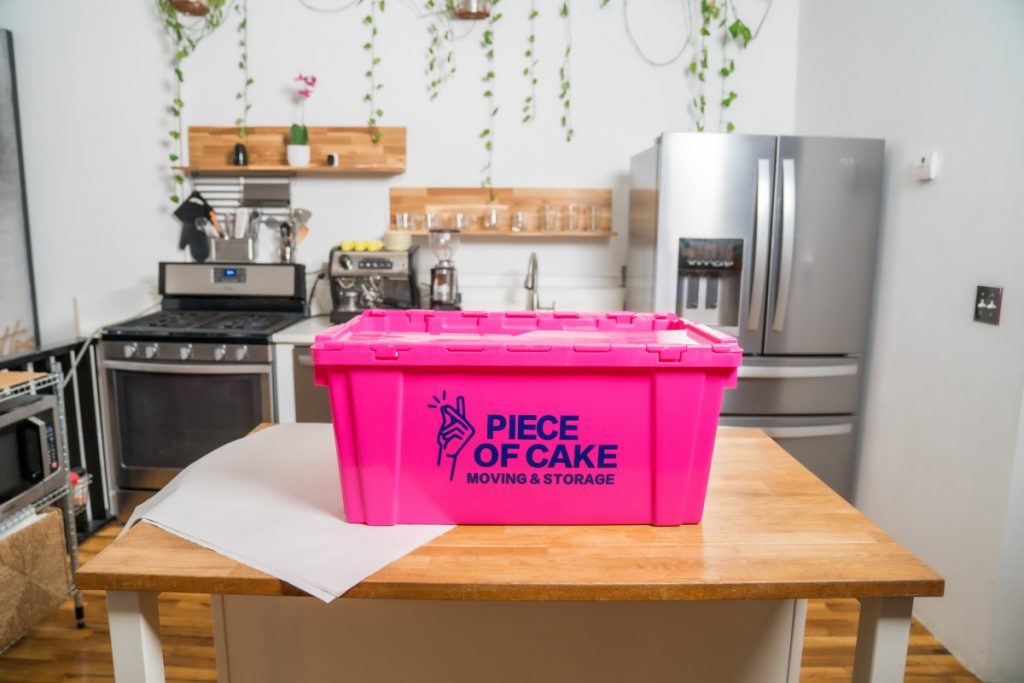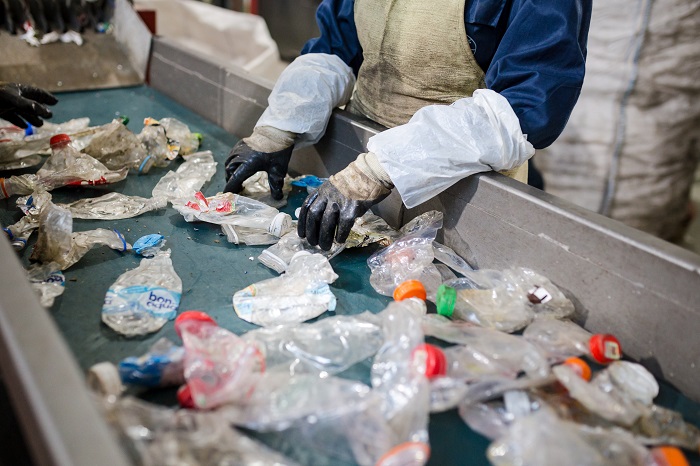
Your concern for the environment is reflected in your choices and habits. There has been a lot of discussion about protecting the environment and saving the planet from pollution. Using plastic moving bins actually protects the environment when compared to cardboard boxes. But how exactly it does that?
We must consider various aspects when trying to understand how plastic moving bins protect the environment. The manufacturing process, reusability, wastage, recycling, etc., of plastic moving bins make them suitable for environmental protection.
One of the most common options that one is supposed to choose while relocating is whether to go for cardboard boxes or plastic moving bins? And it is important that you understand the pros and cons in detail before choosing.
The coming sections will elucidate on all these aspects in comparison to cardboard boxes to help you conduce the benefit of using plastic moving bins as an eco-friendly solution.
The Manufacturing of Plastic Moving Bins
The production of plastic moving bins is done using plastic that is 100% recyclable. Not only that, you can use plastic moving bins hundreds of times. They do not get damaged easily on account of their sturdy build. Even when you plan to dispose of these bins, they can be recycled into something that offers more utility.
However, when you consider using cardboard moving boxes, they pretty much become useless after 2 or 3 uses. That means it has to be reprocessed after limited use, and the re-manufacturing would lead to more pollution and use of natural resources. And that would put a lot of pressure on the environment.
When you prefer using plastic moving bins, you render the need for re-manufacturing and save the environment from unnecessary pressure. Compared to cardboard boxes, the plastic moving bins cause 84% less carbon-dioxide emission. And that’s another good reason to prefer using plastic moving bins for sustainable environmental protection.

Reusability and Recycling
The need for recycling arises when you dispose of something. In the case of plastic moving bins, they can be reused countless numbers of times. For example, if you rent plastic moving boxes, they can be used again by someone else once your relocation is done. One of the top advantages of using plastic moving bins is that they are very durable and can be used multiple times.
Unlike cardboard boxes, they do not become useless after several uses. Therefore, these plastic moving bins are not required to be recycled frequently.
Recycling itself consumes energy and other resources that put pressure on the environment. Increased use of cardboard moving boxes would only lead to frequent recycling.
However, the higher use of plastic moving bins does not result in more recycling. Since these bins can be used numerous times, they do not pressure the environment.
Wastage
When you prefer using cardboard boxes, you end up escalating the recycling requirement. Most of the discarded cardboard boxes do not even reach recycling centers. They are simply disposed of. What a waste!
Using plastic moving bins does not necessitate the need to recycle frequently. You can use these bins over and over for a long period. These bins do not deteriorate easily, so their durability helps protect the environment. One can even say that this results in less wastage.
Environment Friendly
Not only do plastic moving bins help protect the environment, but the environmental conditions also have a lesser impact on plastic moving bins. Using plastic moving bins is an eco-friendly habit that can help save the planet. While relocating, your packed stuff is protected from extreme weather conditions like heavy rains, snow, or heat.
You cannot anticipate the same level of protection from cardboard boxes.
The more interesting part is that these external environmental conditions have the least damaging impact on the plastic moving bins. Therefore, they do not become obsolete easily. One can safely presume that plastic moving bins are a convenient and environmentally responsible choice.
However, using cardboard boxes does not offer the same level of protection, and neither do these boxes stay safe during these conditions.
For example, if you are moving during the rainy season, you might end up disposing of the cardboard boxes after usage since they experience a hammering impact of rain. Eventually, this necessitates manufacturing and recycling more boxes and harms the environment.
Final Thoughts
Using plastic moving bins is an eco-friendly way to move. The above write-up aimed to offer detailed information on how plastic moving bins help protect the environment. Use the comment segment below to let us know of other ways these plastic moving bins aid environment protection!




